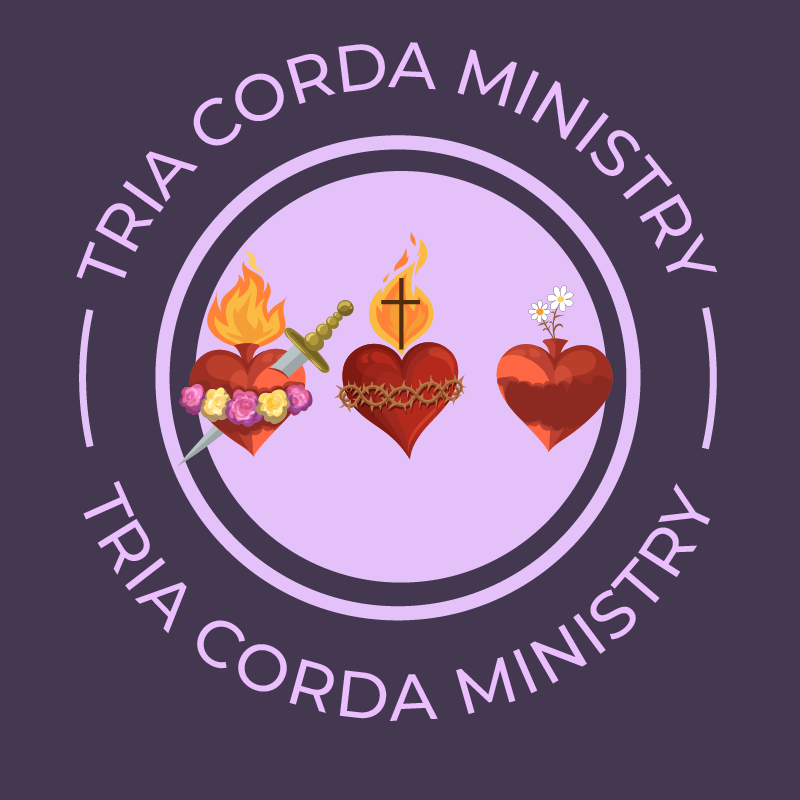From the beginning of her life, St. Alphonsa Muttathupadathu (or St. Alphonsa of the Immaculate Conception carried many heavy crosses, so much so that later in life, she would reflect, “I feel the Lord has destined me to be an oblation, a sacrifice of suffering..I consider a day in which I have not suffered as a day lost to me”.
St. Alphonsa of the Immaculate Conception was born in 1910 in India to a noble family. She was born one month prematurely after her mother went into early labor when a snake wrapped itself around her waist.
Just three months after her birth, Alphonsa’s mother died. So, for the first several years of her life, Alphonsa was raised by her grandparents.
These years were happy ones that planted the seeds of faith in Alphonsa. Alphonsa’s grandparents taught her much about the faith, prayer, and charity, and from this, Alphonsa began to show signs of a religious vocation.
Before she died, Alphonsa’s mother had requested that Alphonsa’s aunt would raise her. So, at the age of 10, Alphonsa was sent to live with her.
Alphonsa’s aunt was severe and demanding and used violence to demand obedience to the smallest of things. Despite Alphonsa’s signs of a religious vocation, she stubbornly proceeded to attempt to arrange a marriage for Alphonsa. Alphonsa resisted these attempts with patience and, at one point, resorted to intentionally burning her foot to damage her beauty.
Eventually, Alphonsa was able to enter the Poor Clares order. From the beginning of her time in the order, Alphonsa suffered from many illnesses. Between 1930 and 1935, she was so ill that she was only able to teach in 1932.
Due to her health, her entrance into the novitiate was delayed until 1935. Just one week after she entered the novitiate, illness struck again, and Alphonsa nearly died. She was miraculously cured due to the prayers of her sisters.
In 1936, Alphonsa took her final vows, and the joy she felt in fulfilling her vocation was immense. But, her sufferings were not over, and she said later that her Spouse chose to entrust her with His cross in the coming years.
Alphonsa continued to face many illnesses, including typhoid fever and double pneumonia.
Then, in 1940, a thief entered the convent during the night. This terrifying event sent Alphonsa into a state of nervous shock. She suffered from amnesia and was unable to read or write for over a year. The reception of the anointing of the sick brought about her healing.
Despite the vast number of sufferings she faced, Alphonsa did not complain and strived to serve others as much as she was able.
By 1945, Alphonsa had developed cancer, and she spent the last year of her life in immense pain as the cancer spread through her body. She died in 1946.
Lessons From St. Alphonsa of the Immaculate Conception
Alphonsa believed that her numerous crosses were part of the Lord’s mission for her, and she trusted that her Spouse would use her suffering to work good.
This surrender of her crosses to the Lord didn’t mean that she didn’t pursue healing. She still went to the doctor and tried to improve her health.
This attitude of uniting our crosses, big and small, to the Lord and trusting that He will work good out of them is one that we should seek to have. It may take several years to develop. In fact, St. Alphonsa of the Immaculate Conception did not make her comment about days without suffering being a waste until several years into her life. Still, we can ask the Lord for the grace to unite our sufferings to His and pray for an increase of trust in Him.
Additionally, we can learn from Alphonsa the importance of the sacrament of the anointing of the sick, which healed her from the nervous shock she developed.
The Catechism of the Catholic Church writes, “By the sacred anointing of the sick and the prayer of the priests the whole Church commends those who are ill to the suffering and glorified Lord, that he may raise them up and save them. and indeed she exhorts them to contribute to the good of the People of God by freely uniting themselves to the Passion and death of Christ” (CCC 1499).
The sacrament provides many graces, including:
- A strengthening, peace, and courage to overcome the difficulties of our illness (CCC 1520)
- Union with the passion of Christ (CCC 1521)
- The grace to contribute to the sanctification of the Church by uniting our sufferings to Christ (CCC 1522)
- Preparation for the death (CCC 1523)
Additionally, like it did for St. Alphonsa, it can also lead to miraculous healings.
For those of us severely mentally or physically impacted by trauma, we should, like St. Alphonsa of the Immaculate Conception, take advantage of this beautiful sacrament and its graces. In fact, its graces can help us to, like St. Alphonsa, unite our sufferings to the Lord.
May St. Alphonsa of the Immaculate Conception intercede for all of us.

